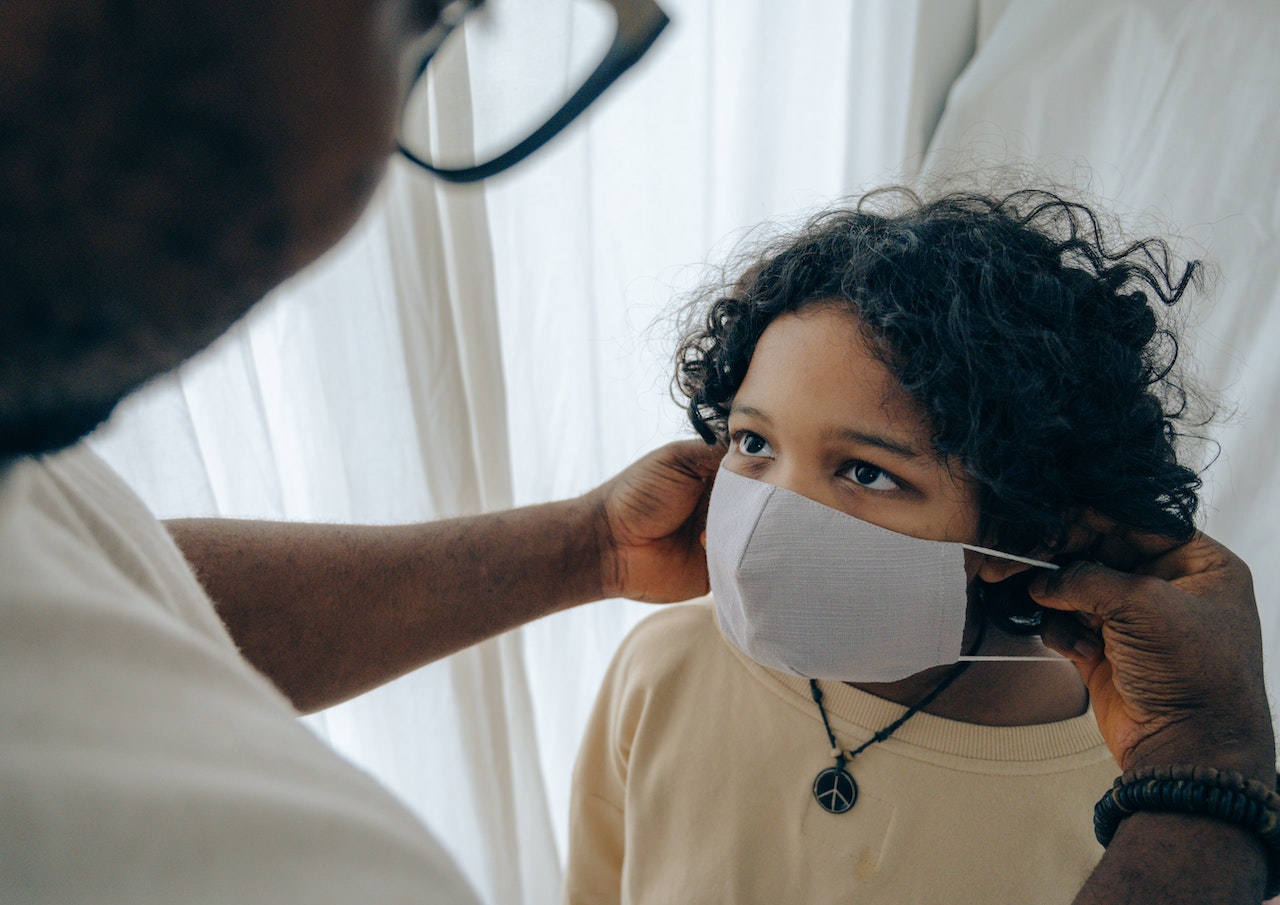Asthma is a condition that affects many different people. In fact, around 25 million people have asthma in the U.S. alone. This means it affects 1 in every 13 people.
With this many people dealing with asthma, it makes sense to worry about how it is caused. Is it genetic? Is it due to the environment? Can you tell if a child will end up getting it?
This article will explore the details behind the genetic nature of asthma. Keep reading to find out more about it.
Related: Length of Stay Disparities Across Race: Looking at Pediatric Asthma
Is Asthma Passed Down Through Genetics?
Asthma is a little tricky to understand because its exact mechanics aren’t quite clear. The exact cause of asthma isn’t easy to pin down.
However, what is clear is that genetics plays some role. This is clear because parents with asthma have a higher chance of having children with asthma than parents without asthma. This has been noticed on an anecdotal basis and in scientific studies.
Based on this information, scientists have started looking into the genetic component. Since then, genes have been identified that may be responsible for causing asthma. This helps further confirm the fact that asthma is passed down through genetics.
However, unlike some genetic issues, there does not appear to be a single gene controlling asthma development. There is ongoing work on the issue, and new studies have given a better insight into how these genes work. However, it is still hard to pinpoint precisely how it is passed down.
What Else Affects Asthma?
Genetics isn’t the only factor that has an impact on developing asthma. Environmental factors have a significant role as well. These come from everything from pollen flying through the air to gas from a stove.
Triggers in the environment can cause asthma to flare up. An asthma attack may be caused by exposure to something in the environment. This includes allergens like pollen, mold, animal dander, and certain chemicals. It also includes irritants like smoke, dust, fumes, and chlorine. In these cases, exposure causes a sudden but temporary heightening of asthma symptoms.
While many people dealing with asthma are aware that environmental factors can trigger an asthma attack, they may not be aware that these same factors can influence a person’s condition in the long term.
Long-term effects come from the inflammation that these irritants cause. This inflammation may cause the airway to respond more severely than before, worsening the issue in the future. The irritant may also change how the body’s immune system responds to that irritant. Once again, this leads to a more intense reaction in the future, which causes more problems.
Some of these environmental factors can even influence things during pregnancy. There is evidence that prenatal exposure to certain plastics can heighten the chances that the child will develop asthma.
So, genetics isn’t the only thing that influences asthma. Exposure to irritants can trigger people with asthma in the short term or worsen the condition in the long term.
What Hereditary Factors Influence Asthma?
Asthma is generally passed down from parent to child. However, it is not guaranteed to be passed down. Plenty of parents with asthma have had children without the condition. Unfortunately, the chances that it will be passed down are significant.
If one parent has asthma, the chance they will pass it down to their child is around 25%. If both parents have it, the chance is around 50%.
In addition, gender plays a role here. The chance a parent will pass asthma on to their child is greater if the parent is a woman. This is just one way through which gender influences the development of asthma.
Want to stay up to date on the newest medical updates so you can provide your patients with the best possible care? Subscribe to MD Newsline today.
How Does Gender Affect Asthma?
While asthma is more likely to be passed down when the mother has asthma, gender has wider repercussions on the development of asthma. These have a particularly strong influence on older and younger people.
For men, it is more common to develop asthma when younger. Young boys are much more likely to develop asthma than girls their age.
For women, it is more common to develop asthma when older. This change takes place around age 40. Unfortunately, developing asthma at an older age often leads to a more severe form of asthma. This includes eosinophilic asthma, which is both more severe and more resistant to traditional medications.
Related: Corticosteroid Treatments for Childhood Asthma in Pediatric Intensive Care
Can Genetic Testing Predict Asthma?
With the role that genetics has on asthma, many wonder if genetic testing can detect it. After all, it is possible with many other hereditary issues.
Unfortunately, genetic testing cannot currently predict asthma. There is a lot we still don’t know and understand about what exactly causes asthma, and the precise genetics behind it falls into this category.
On the upside, there is evidence that testing like this will be possible in the future. Several genes influencing asthma have been discovered. Our understanding of asthma will grow as we learn more about these genes and even discover more. This, alongside an understanding of the environmental factors, will make it easier to predict asthma’s future development.
Looking to help increase cultural competency in your practice? Learn more about our solutions and how they can help.
Can Hereditary Asthma Be Cured?
Unfortunately, asthma is not curable. This is true no matter what kind of asthma it is. It may be possible something will change in the future, but for now, this is not the case.
Instead of focusing on cures, dealing with asthma is about focusing on treatment. However, asthma affects people in different ways, and even the types of asthma can vary. So, treating it involves developing a plan that will suit the individual.
This is why it is important for people with asthma to work with a healthcare professional in treating their condition. Together, they can determine the type of asthma they are dealing with. Then, they can explore the treatment options that will work best in managing asthma.
In many cases, an inhaler is prescribed. These typically come in two different types. One is designed to manage symptoms overall and prevent issues from arising. The other is designed to treat symptoms as they arise. How often each should be used will be part of the treatment plan worked out between the patient and healthcare provider.
Hereditary Asthma
Asthma has a genetic aspect to it. It is often passed down from parent to child, yet genetic testing can’t identify it yet. Understanding this is an important part of identifying and treating the condition.
Related: Strategies to Improve Inhaler Use in Children With Asthma












